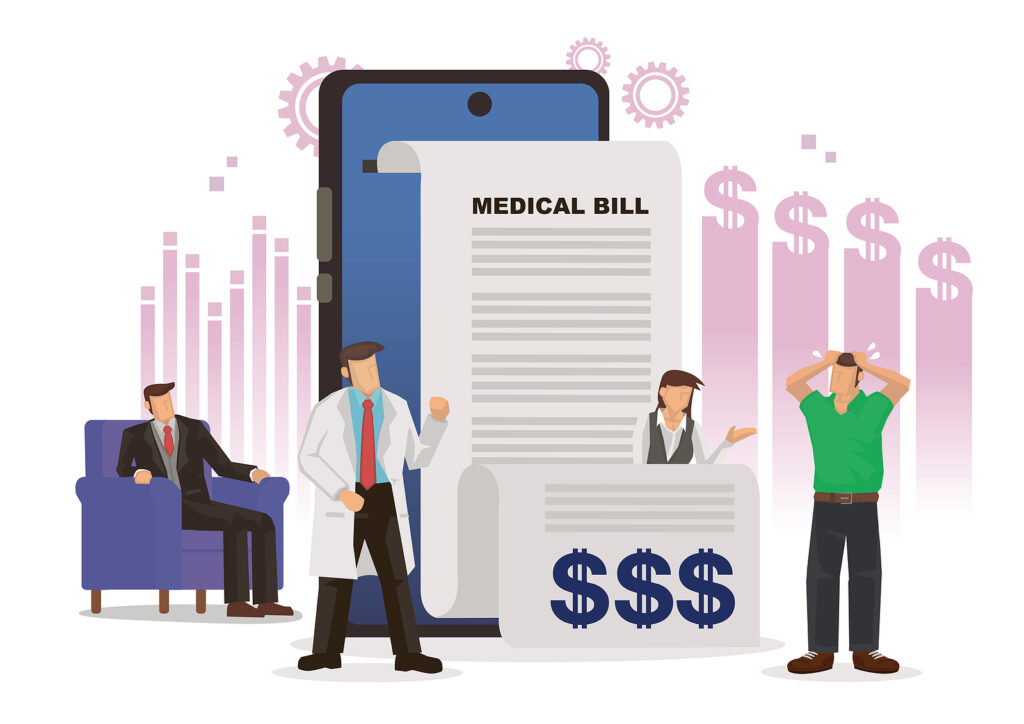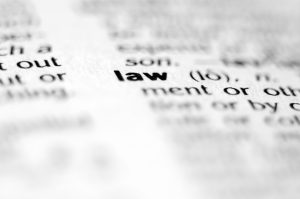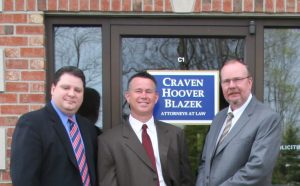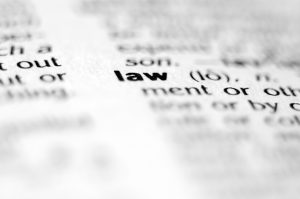The primary purpose of filing a personal injury claim is to pursue and recover financial compensation from an at-fault party for a victim’s damages. When a settlement or verdict is obtained, the at-fault party’s insurance company pays the verdict or settlement. This is intended to put the victim back into the position they were in before the accident, or to make them whole once again, including a monetary amount for the pain and suffering the injured person endured.
But we all know this isn’t always possible. For injured persons, damages are more than just financial, and a victim can never be the same after a serious accident. Therefore, several types of damages exist in accident law and are awarded in successful personal injury cases. But many people are confused about what the term damages represents in personal injury tort law.
Continue reading to learn what damages are in relation to accident lawsuits, and the difference between economic and non-economic damages.

Personal Injury Damages and Losses
Damages that result from a personal injury caused by a negligent party are generally losses. These losses can be financial, emotional, physical, and mental. Depending on the types of losses experienced following a personal injury, damages can be economic, non-economic, punitive, or a combination of all three. There are also damages known as nominal damages, which are small sums of compensation that are awarded to acknowledge that a victim, although not seriously injured or subject to substantial financial losses, was still violated in terms of their rights.
Facts About Economic Damages
Economic damages, also known as compensatory damages or general damages, are the calculable financial losses that can be defined by an actual dollar amount and redeemed through financial compensation. Economic damages include hospital bills (i.e., hospitalization, ambulance transport, anesthesia, emergency room services, surgeries, doctor care, x-rays, MRI’s, etc.), medical expenses (i.e., physical therapy, medical equipment, medication, etc.) lost wages from time off work, property damages, lost benefits from spouses’ death (i.e., insurance, veteran benefits, etc.), in-home nurse, and anything else that was a direct financial loss to the victim or their family.
Facts About Non-Economic Damages
Non-economic damages are more difficult to assign a dollar amount to because they are not direct and tangible monetary losses, like medical bills and lost wages. Instead, they are damages awarded for emotional or mental losses and tribulations. Examples of non-economic losses include pain and suffering damages, mental anguish or illness (i.e., depression, anxiety, etc.), loss of companionship (i.e., wrongful death, brain damage to loved one, paralysis of loved one that changes or prohibits the relationship, etc.), long-term medical care or medication dependencies, diminished quality of life, permanent disabilities, loss of ability to work, and more.
Understanding Punitive Damages
For very malicious or egregious acts, a judge or jury might also award punitive damages depending on the circumstances of a case. These are different from economic and non-economic damages because they are not intended to put a victim back into the same position they were in before an injury or accident, at least as much as possible. Although punitive damages are still paid in part to the plaintiff, they are meant to be more of a punishment for the at-fault party. They are intended to set a public example and double as a deterrent for the type of gross negligence involved in the case.
Are you ready to speak with a licensed injury attorney about obtaining compensation following your wrongful accident? Contact the Law Office of Craven, Hoover, and Blazek P.C. at 317-881-2700 to schedule a free initial case evaluation for your personal injury claim in Indianapolis, Indiana. Act now before evidence is lost and time runs out on your claim. We represent clients all throughout the state.
You Might Also Read:
Common Damages Awarded for Traumatic Brain Injury Accidents
The Most Common Types of Damages Awarded in Personal Injury Lawsuits
What are Future Damages in a Wrongful Death Case?









